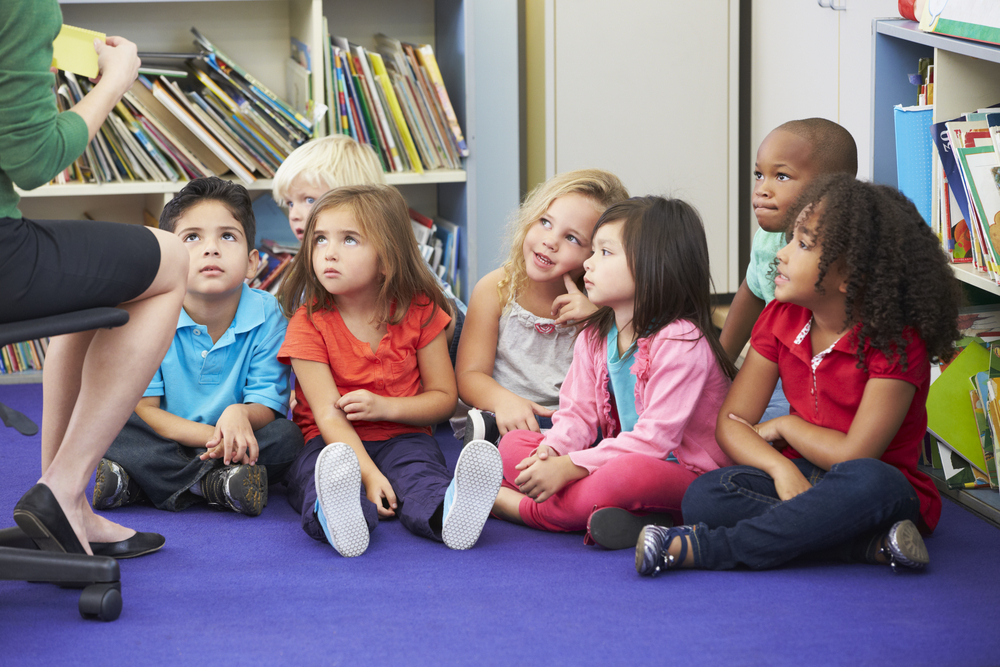Learning to read is one of the most important milestones in a child’s
Effective support for reading and comprehension for kindergarten requires more than flashcards and storytime. It calls for structure, research-backed strategies, and engaging activities tailored to early learners.
Understanding the Reading Needs of Kindergarteners
Kindergarteners are just beginning to understand that letters represent sounds and that sounds form words. They need lots of exposure to print, phonemic awareness activities, and daily opportunities to connect spoken and written language.
At this stage, reading instruction should focus on:
- Letter recognition and sounds
- Rhyming and segmenting sounds
- Developing vocabulary
- Listening and comprehension skills
Each child develops at a different pace. That’s why effective programs must offer differentiated support.
In addition to addressing decoding skills, it’s crucial to integrate strategies that nurture reading comprehension. This ensures students don’t just read words—they understand them. High-quality instruction in reading and comprehension for kindergarten fosters early critical thinking and curiosity about text.
What Makes a Great Kindergarten Reading Program?
A strong reading program for early learners includes:
- Systematic phonics instruction
- Multisensory learning opportunities
- Built-in assessment tools
- Engaging stories and texts
The best programs are easy to implement and flexible enough to support various teaching styles. Most importantly, they keep students excited to learn. Programs like Essential Skills combine structured instruction with interactive, hands-on learning that meets students where they are.
Top Research-Based Programs for Early Learners
Not all reading programs are created equal. Educators should prioritize those built on sound research and proven methods.
Look for reading programs that:
- Are backed by classroom data and longitudinal studies
- Include explicit, sequential instruction in phonemic awareness and phonics
- Offer scaffolded practice and immediate feedback
- Use clear visuals, repetition, and tactile support
Programs like Essential Skills’ Super Phonics series are designed by teachers and used in classrooms for over 25 years. These programs feature hundreds of auditory, visual, and tactile activities that systematically build early literacy skills.
Supporting Comprehension Through Daily Practice
While decoding is crucial, comprehension is just as important. Even in kindergarten, students can begin to understand basic story structure and make connections.
Build comprehension with:
- Think-alouds during read-aloud sessions
- Guided discussion questions
- Story retelling activities
- Visual aids like story maps and sequencing cards
Incorporating reading activities for kindergarteners into daily routines helps deepen understanding while building confidence.
Students thrive when comprehension is treated as a skill to be taught, rather than simply assessed. Encouraging students to express their ideas about a story can strengthen both language and literacy skills.
How to Integrate Fun Reading Activities Into the Curriculum
Kindergarteners learn best through play and movement. Reading instruction should tap into that natural enthusiasm.
Here are some fun kindergarten reading activities to try:
- Letter scavenger hunts
- Rhyming games with props or puppets
- Interactive e-books with read-along features
- Buddy reading with older students
While these classroom activities encourage engagement and creativity, Essential Skills programs complement them with structured, skill-building exercises that target phonics, comprehension, and vocabulary development.
Many teachers also use music and movement to reinforce letter sounds and word recognition. Singing songs, acting out stories, and using props create memorable literacy experiences.
Assessing Progress and Adapting Instruction
Tracking student progress is key to providing targeted support. Teachers need tools that help them identify which skills are developing and where more practice is needed.
Use a mix of:
- Informal assessments (observation, student work samples)
- Digital tracking tools
- Regular progress checks built into your reading program
Effective assessment ensures no student slips through the cracks. Essential Skills includes simple progress tracking that lets teachers personalize instruction based on individual needs.
Assessment can also inform grouping decisions, helping educators provide small-group or one-on-one instruction where needed. Frequent, formative assessments ensure instruction remains aligned with student needs.
Partnering with Parents to Reinforce Learning at Home
Learning doesn’t stop at the classroom door. When parents are part of the process, students grow even faster.
Help parents support reading at home by:
- Sending home simple books or decodable texts
- Sharing reading tips in newsletters or parent-teacher meetings
- Encouraging daily read-aloud routines
- Offering access to at-home literacy tools
Programs like those from Essential Skills allow students to practice at home, helping parents stay engaged while reinforcing skills from class.
You can also recommend online read-aloud videos or create short recordings for parents to use at home. These options help busy families remain involved in their child’s learning journey.
Conclusion: Invest in the Right Kindergarten Reading Program
Building a strong foundation in literacy starts in kindergarten. By using research-based methods and developmentally appropriate strategies, educators can create an environment where all students thrive.
Essential Skills offers comprehensive kindergarten reading programs that supports both decoding and comprehension through structured, interactive, and engaging instruction. When teachers have the right tools, every child has the chance to become a confident reader.
Whether you’re evaluating new resources or refining your approach, it’s never too early to invest in effective tools for literacy. Choosing a high-quality kindergarten reading program today can shape student success for years to come.
